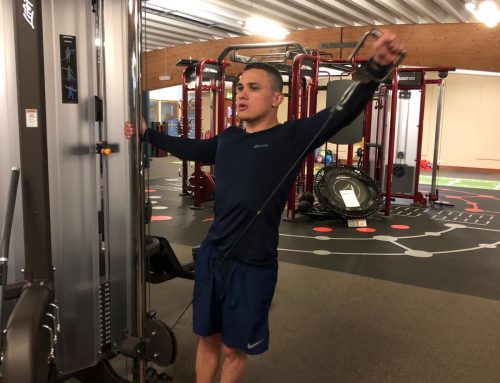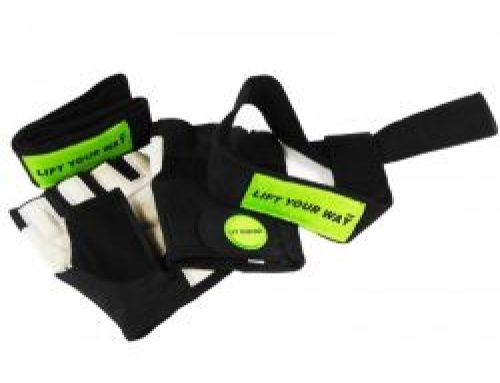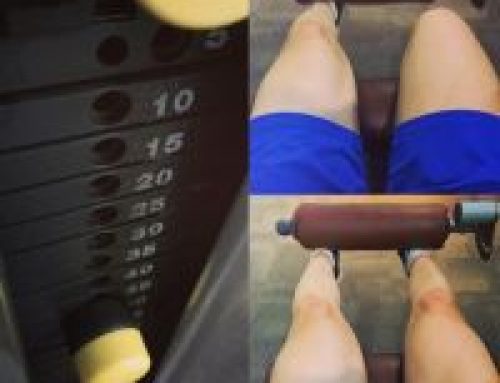The answer to the question of whether weight lifting straps are a help or a hindrance depends very much on who is being asked. The more hard-core macho man may fling a disdainful, ‘Oh get a grip!’ at strap users. Their argument is that weight lifting straps prevent you from improving both your grip and your wrist strength. However, most trainers and body building experts find weight lifting straps a useful tool for enhancing overall performance, while at the same time training to achieve a more powerful and secure grip.
What Are Weight Lifting Straps
Weight lifting straps are lengths of fabric or leather that are simply used to attach the wrists firmly to the bar to ensure that your grip does not slip due to sweat or fatigue. Straps are specifically intended to assist those who have the strength to lift heavier weights, but do not yet have the hand grip necessary for performing heavier dead lifts, shrugs or pull-ups. For many, this is the smart way of increasing performance as well as safety, while also working on grip-strengthening training. Gloves can provide a further measure of security, as well as crucial wrist support. Many weight trainers also use gloves to prevent the blistering and callouses that generally result from weight lifting. Used in conjunction with weight lifting straps, it can make a significant difference to enhancing performance.
When to Use Weight Lifting Straps
There will be certain exercises that don’t cause grip issues, which obviously means that these can be done without the use of weight lifting straps. The same goes for grip issues that arise during the heaviest or later sets of an exercise when fatigue begins to hinder grip. Weight lifting straps can then be used to support those sets only. The bottom line is that these straps allow weight trainers to focus on the muscle groups being worked on and the proper use of equipment rather than on whether they have sufficient grip, or the possibility of injury due to a slippery grip. Exercises where weight lifting straps prove most beneficial are those that work against gravity such as deadlifts, pull-ups, rows, chin-ups, shrugs, lat pull-downs or similar exercises where resistance is pulling away from you.
When Not to Use Weight Lifting Straps
Weight lifting straps should never be used when a quick release is required such as with cleans. The injury that can occur when being tied to a bar hinders a quick release can be quite extreme. Straps are also not recommended while training for competitive powerlifting, as they are not allowed during competition. Using them during training could then lead to a weaker grip when powerlifters go back to not using straps.
Conclusion
For bodybuilders, the argument for or against using weight lifting straps is a moot one, as their focus is on building the strength and size of specific muscle groups and achieving an aesthetically pleasing result rather than on improving grip strength. For these dedicated people, weight lifting straps offer comfort, support, safety and the assistance necessary for completing the sets of exercises that will help them to reach their goal.





Leave A Comment